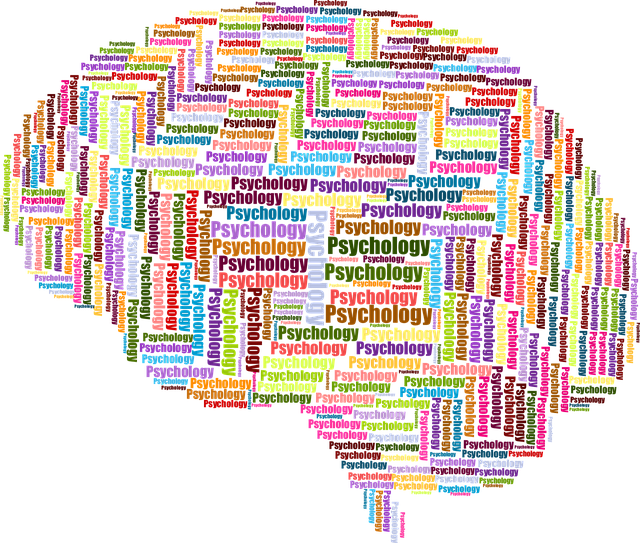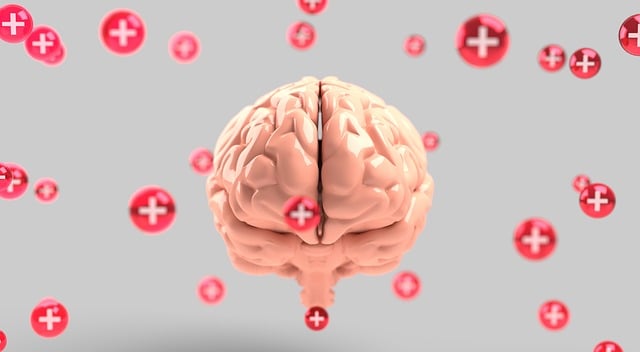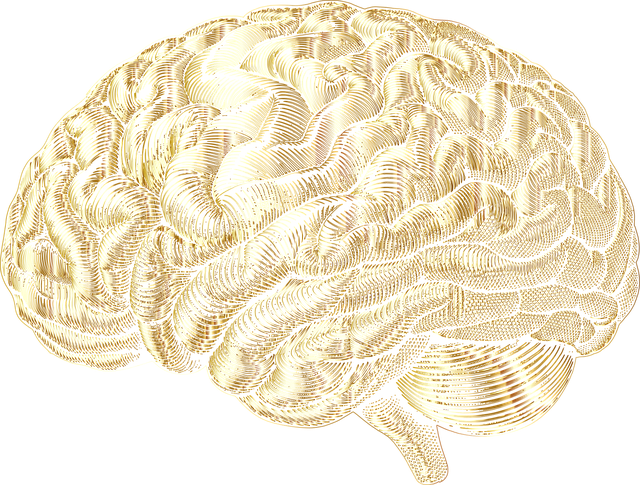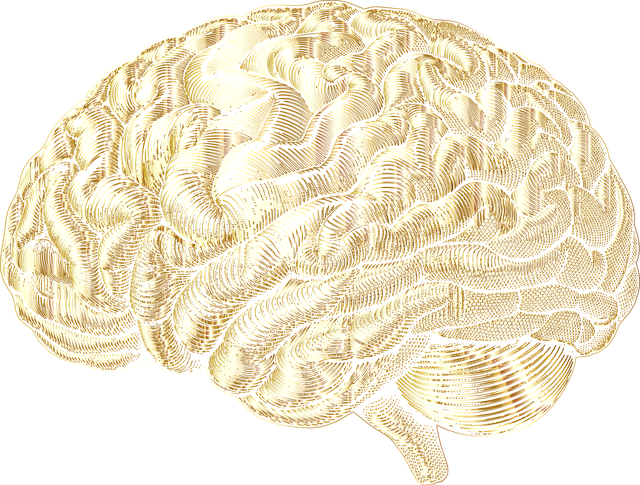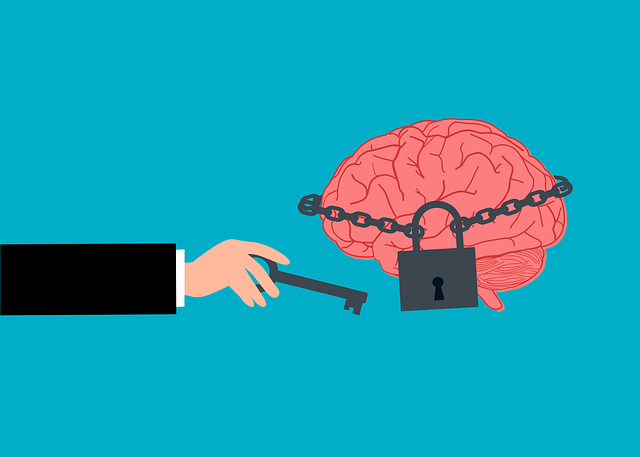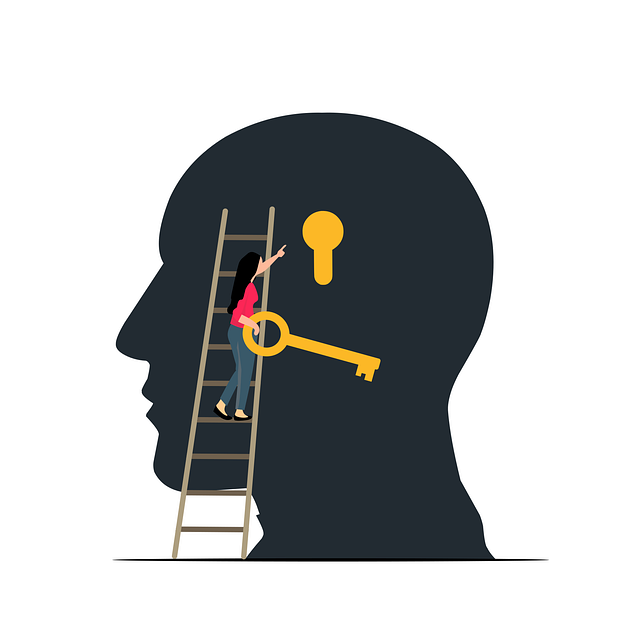Boulder Dissociative Disorder Therapy (BDDT) offers a transformative approach for managing dissociative disorders, focusing on emotional regulation and trauma healing. This evidence-based therapy combines cognitive restructuring, mindfulness, and communication strategies to improve self-awareness and overall well-being. By integrating Mind Over Matter principles, stress reduction techniques, and personalized care, BDDT empowers individuals to navigate life's challenges with resilience, fostering deeper connections and enhanced mental health globally.
Mood regulation is a vital skill, especially with common disorders like depression and anxiety affecting millions. Understanding your mood and implementing effective strategies can significantly improve quality of life. This article explores various aspects of mood regulation, from recognizing disruptive states to exploring innovative therapies like Boulder Dissociative Disorder Therapy (BDDT). We also offer practical tips for daily management and emphasize the crucial role of professional support in achieving lasting positive changes.
- Understanding Mood Regulation and its Significance
- Common Mood Disorders: A Glimpse into Disruptive States
- Boulder Dissociative Disorder Therapy (BDDT): Unlocking the Potential for Change
- Practical Strategies for Daily Mood Management
- The Role of Professional Support in Effective Mood Regulation
Understanding Mood Regulation and its Significance

Understanding Mood Regulation is paramount to navigating life’s challenges with resilience. It involves managing emotional states, from joy to despair, to achieve a sense of equilibrium and overall well-being. For individuals coping with conditions like Dissociative Disorder, effective mood regulation strategies become essential tools for maintaining stability and improving quality of life.
Boulder Dissociative Disorder Therapy emphasizes the importance of these techniques, offering insights into how to recognize and modulate emotional responses. Through evidence-based practices, therapy facilitates the development of healthy coping mechanisms, enhancing one’s ability to manage stress and regulate moods effectively. This approach not only benefits those directly affected but also contributes to a broader understanding of mental wellness, as evidenced by growing trends in Mental Wellness Podcast Series Production and Mental Health Policy Analysis and Advocacy globally.
Common Mood Disorders: A Glimpse into Disruptive States

Mood disorders are a significant aspect of mental health that can greatly impact an individual’s daily life and overall well-being. Common mood disturbances, such as Major Depressive Disorder (MDD) and Bipolar Disorder, are characterized by intense and persistent emotional states that disrupt a person’s ability to function. These conditions often present as prolonged periods of sadness, elevated or irritable moods, or extreme mood swings, affecting sleep, appetite, and daily routines.
One particular mood disorder, Dissociative Identity Disorder (DID), previously known as Multiple Personality Disorder, showcases the complex nature of emotional regulation challenges. DID is a severe mental health condition where an individual exhibits two or more distinct personalities or identities. This disorder can lead to feelings of detachment from reality, memory lapses, and difficulty in maintaining consistent emotions. Effective therapy, such as Boulder Dissociative Disorder Therapy, focuses on helping individuals manage these disruptive states by addressing underlying trauma, improving emotional regulation skills, and fostering a sense of self-integrity. Through specialized treatment approaches, mental health professionals aim to reduce symptoms, enhance coping mechanisms, and support those affected by DID in their journey towards recovery and improved mood management.
Boulder Dissociative Disorder Therapy (BDDT): Unlocking the Potential for Change

Boulder Dissociative Disorder Therapy (BDDT) is a groundbreaking approach that empowers individuals struggling with dissociative disorders to regain control over their lives. This therapy goes beyond traditional methods by addressing the complex interplay between trauma, dissociation, and emotional regulation. BDDT focuses on helping clients develop effective coping mechanisms and enhance their ability to manage and integrate different aspects of their personalities. Through a deeply personalized process, it encourages individuals to explore and understand their unique experiences, fostering a sense of self-awareness and empowerment.
One of the key strengths of BDDT lies in its holistic nature, combining various techniques such as cognitive restructuring, mindfulness practices, and communication strategies. This comprehensive approach not only aids in trauma support services but also boosts clients’ confidence by teaching them to navigate their emotional landscapes effectively. By integrating these skills into daily life, individuals can experience significant improvements in their overall well-being and relationship dynamics, leading to a more fulfilling and connected existence.
Practical Strategies for Daily Mood Management

Maintaining a stable mood on a daily basis can be challenging, especially for individuals dealing with conditions like Dissociative Disorder. However, there are practical strategies that can help manage and regulate one’s emotional state effectively. One powerful approach is incorporating Mind Over Matter principles into daily routines. This involves cultivating awareness of one’s thoughts and emotions, learning to observe without judgment, and reframing negative thought patterns. Techniques such as mindfulness meditation, deep breathing exercises, and cognitive restructuring can be incredibly effective tools for stress reduction and emotional healing processes.
Additionally, engaging in regular physical activity, maintaining a balanced diet, and prioritizing quality sleep are essential Stress Reduction Methods. These foundational aspects of well-being contribute to a stable mood and overall mental resilience. For instance, exercising releases endorphins that boost mood and reduce anxiety. Similarly, proper nutrition supports brain function, while adequate rest helps regulate hormones related to stress and emotion. Combining these practices with professional support from therapists specializing in Boulder Dissociative Disorder Therapy can significantly enhance one’s ability to navigate and manage emotional challenges effectively.
The Role of Professional Support in Effective Mood Regulation

Professional support plays a pivotal role in effective mood regulation, especially for individuals grappling with conditions like Dissociative Disorder. Therapists and mental health professionals equipped with specialized knowledge, such as those offering Boulder Dissociative Disorder Therapy, can provide tailored interventions. These professionals employ evidence-based techniques to help clients understand their emotional states better and develop coping strategies that are both effective and sustainable.
Cultural sensitivity in mental healthcare practice is a crucial component of this process. Recognizing and respecting diverse cultural backgrounds ensures that self-care practices and burnout prevention strategies resonate with individual needs. By incorporating culturally sensitive approaches, therapists foster an environment where clients feel understood and empowered to engage actively in their mood regulation journey. This holistic approach not only enhances the effectiveness of therapy but also contributes to improved mental health outcomes.
Mood regulation is a multifaceted process, and understanding its significance is key to navigating life’s challenges. Common mood disorders can significantly impact daily functioning, but with strategies like Boulder Dissociative Disorder Therapy (BDDT) and practical self-care techniques, individuals can gain control. BDDT offers innovative approaches to managing dissociative states, while professional support ensures tailored interventions. By combining these methods, one can foster resilience, enhance well-being, and lead a more balanced life.

